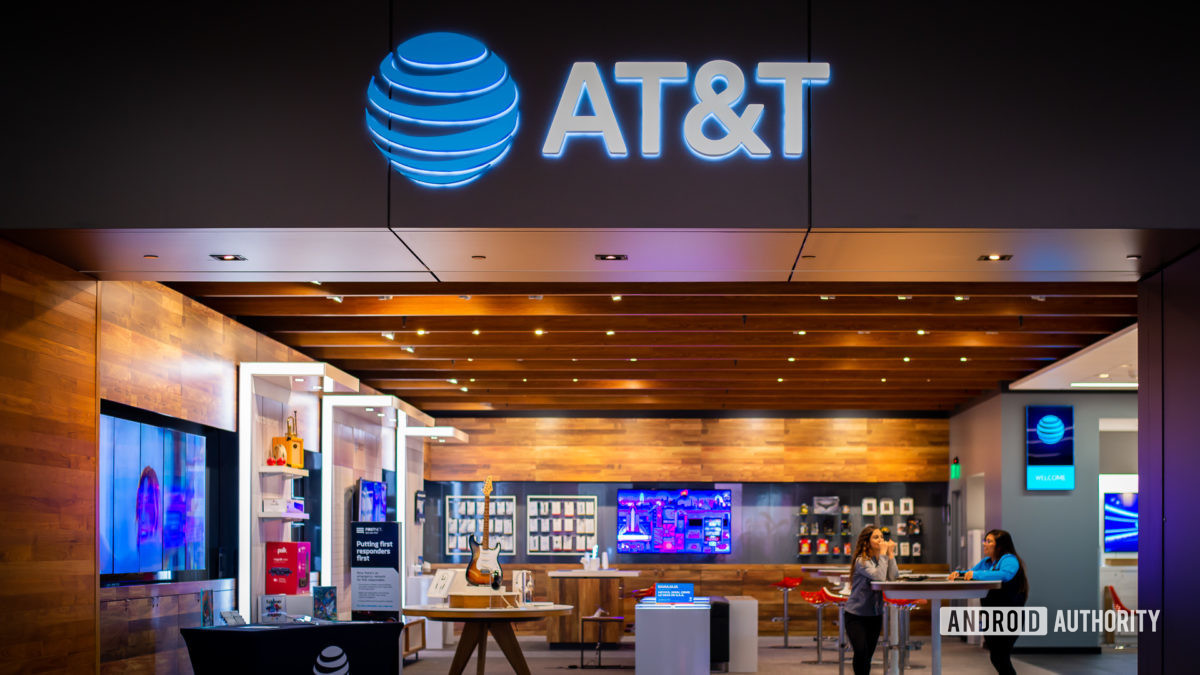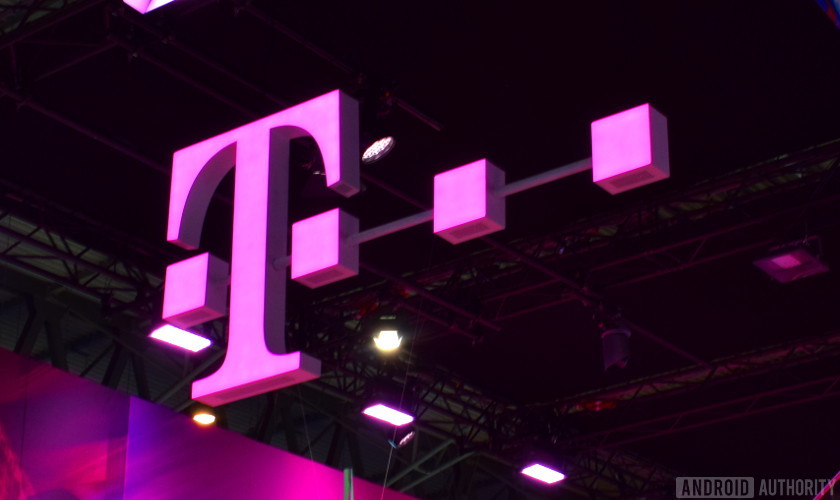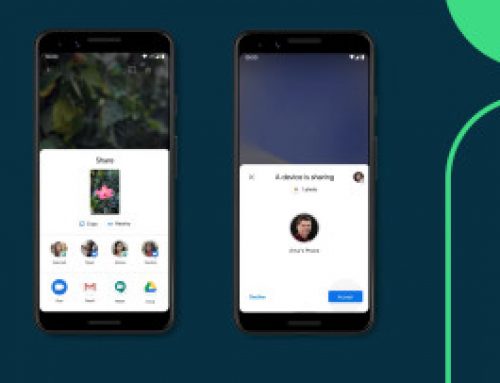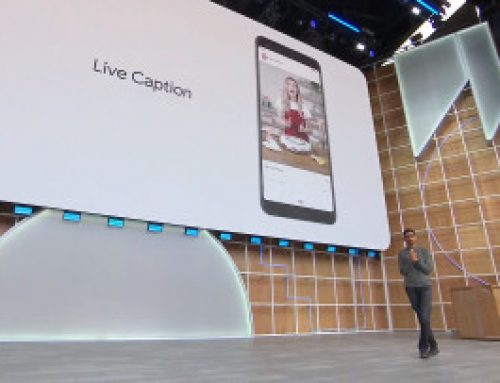
Huawei took the wraps off the Huawei P10 and P10 Plus back in February with the Honor 8 Pro launching in Europe a few days ago. Looking at their specs sheets, which you can see in full at the bottom of this article, there are a lot of similarities: the Kirin 960 processor, dual cameras, a metal body, 8 MP selfie snapper, expandable storage, Android Nougat with EMUI 5.1 and so on.
If you’re contemplating picking one of these phones up, we thought it might make sense to take a specific look at just those things that set these phones apart, to help you identify what the best option for you is. Hence the TL;DR title of this article. Without further ado, these are the most significant differences between the Huawei P10, P10 Plus and Honor 8 Pro.
Screen
- Huawei P10: 5.1-inch Full HD LCD, 1,920 x 1,080 pixels (432 ppi), no oleophobic coating
- Huawei P10 Plus: 5.5-inch QHD LCD, 2,560 x 1,440 pixels (540 ppi), no oleophobic coating
- Honor 8 Pro: 5.7-inch QHD LCD, 2,560 x 1,440 pixels (515 ppi),with oleophobic coating
Screen size is the most obvious difference: how big do you like your phone? 5.1, 5.5 or 5.7 inches? Next up is the resolution: both the Honor 8 Pro and P10 Plus have QHD displays, whereas the P10 sticks with Full HD. Higher resolution larger displays demand more from the battery and processor.
Another difference worth mentioning is that you’ll find Gorilla Glass 5 on the P10 and P10 Plus, while the Honor 8 Pro comes with Gorilla Glass 3. Gorilla Glass 3, 4 and 5 have similar scratch protection, but GG 4 made GG 3 thinner and GG5 added increased impact resistance. It’s also worth mentioning that only the Honor 8 Pro has an oleophobic coating on the display to help avoid fingerprint grease.

Camera
- Huawei P10: 20 MP + 12 MP, f/2.2 aperture, OIS, Leica optics
- Huawei P10 Plus: 20 MP + 12 MP, f/2.2 aperture, OIS, Leica optics
- Honor 8 Pro: 12 MP + 12 MP, f/2.2 aperture
All three phones have dual cameras, but there are some differences. The P10 series have optical image stabilization and Leica co-engineered lenses and image processing, whereas the Honor 8 Pro does not (both its f/2.2 lenses are 12 MP too, compared to 20 MP + 12 MP on the P10 and P10 Plus). The Honor 8 Pro also only has a f/2.0 aperture on its front-facing camera, compared to f/1.9 on the P10 and P10 Plus.
There is a difference in cameras on the P10 series too: the P10 has Summarit-H lenses with an f/2.2 aperture, while the P10 Plus has higher quality Summilux-H lenses and a larger f/1.8 aperture for better images in low-light conditions. The P10 Plus has the better cameras here, followed by the P10 and then the Honor 8 Pro.

Design
- Huawei P10: eight colors, front-mounted fingerprint scanner
- Huawei P10 Plus: eight colors, front-mounted fingerprint scanner
- Honor 8 Pro: three colors, rear-mounted fingerprint scanner
There’s not much differentiating the design of these three phones other than available colors and location of the fingerprint scanner. Fans of front-facing scanners will likely prefer the P10 and P10 Plus, while rear-mounted scanner fans will like the Honor 8 Pro instead.
You’ll also get Honor branding on the front and back of the Honor 8 Pro, compared to no visible branding on the front of either P10. The importance of color choices, scanner location and branding are all down to personal preference so there’s no clear winner here.
Battery
- Huawei P10: 3,200 mAh
- Huawei P10 Plus: 3,750 mAh
- Honor 8 Pro: 4,000 mAh
The cheapest phone of all here also has the largest battery (but also the largest footprint and display size). The P10 might have the smallest battery but it also has the smallest and lowest resolution screen. The battery sizes are pretty much proportional to the size of the screen on each phone, but we’ll have to wait until we’ve fully tested the Honor 8 Pro’s battery to tell you which device has the best battery life.

Price
- Huawei P10: 4 GB/64 GB: €649
- Huawei P10 Plus: 4 GB/64 GB: €699; 6 GB/128 GB: €799
- Honor 8 Pro: 6 GB /64 GB: €549
The Honor 8 Pro is the cheapest of the three devices with a price-tag of €549. You’ll have to dish out an extra €100 to get the P10 which has 2 GB of RAM less (4 GB vs 6 GB) and a lower resolution screen (Full HD vs QHD), but comes equipped with a better camera.
Meanwhile, the 4 GB/64 GB variant of the P10 Plus will set you back €699, while the premium version with 6 GB of RAM and 128 GB of storage retails at €799. Price is easily the best measure for determining just how important the other differences here are to you.
Wrap up
So those are the major differences between the Huawei P10, P10 Plus, and Honor 8 Pro. Hopefully, this makes it a little easier to gauge how much monetary value you’re willing to place on better display and camera specs and where the best balance lies for you.
It also bears noting that the Huawei Mate 9 also shares a lot of specs with these phones but has an even larger 5.9-inch QHD display. It’s priced at €699 like the base model P10 Plus but has the slightly less impressive P10 camera setup, so give that some consideration too if you like really big screens.
Buying recommendation: Get the Huawei P10 Plus if you want the best device in terms of specs and don’t mind paying considerably more for them, or opt for the Honor 8 Pro if you want the best bang for your buck. Those looking for a more compact device that can comfortably be used with one hand should choose the Huawei P10.
Buy the Huawei P10Buy the Huawei P10 PlusBuy the Honor 8 Pro
Full specs comparison
| Huawei P10 | Huawei P10 Plus | Honor 8 Pro | |
|---|---|---|---|
| Display | 5.1-inch LCD 1920 x 1080 resolution 431ppi Corning Gorilla Glass 5 |
5.5-inch LCD 2560 x 1440 resolution 534ppi Corning Gorilla Glass 5 |
5.7-inch LCD 2560 x 1440 resolution 515ppi Corning Gorilla Glass 3 |
| Processor | 64-bit octa-core (4 x 2.4 GHz A73+ 4 x 1.8 GHz A53) Hisilicon Kirin 960 | 64-bit octa-core (4 x 2.4 GHz A73+ 4 x 1.8 GHz A53) Hisilicon Kirin 960 | 64-bit octa-core (4 x 2.4 GHz A73+ 4 x 1.8 GHz A53) Hisilicon Kirin 960 |
| GPU | Mali-G71 MP8 | Mali-G71 MP8 | Mali-G71 MP8 |
| RAM | 4GB | 4/6GB | 6GB |
| Storage | 64GB | 64/128GB | 64GB |
| MicroSD | Yes, up to 256GB | Yes, up to 256GB | Yes, up to 256GB |
| Cameras | Rear: Leica Dual-Camera 2.0 12 and 20MP sensors, f/2.2 aperture, OIS Front: 8MP sensor, f/1.9 aperture |
Rear: Leica Dual-Camera 2.0 Pro Edition 12 and 20MP sensors, f/1.8 aperture, OIS Front: 8MP sensor, f/1.9 aperture |
Rear: Dual 12 MP sensors, f/2.2 aperture Front: 8MP sensor, f/2.0 aperture |
| Battery | 3,200mAh Non-removable Huawei SuperCharge |
3,750mAh Non-removable Huawei SuperCharge |
4,000mAh Non-removable |
| Water resistant | No | No | No |
| Connectivity | USB Type-C | USB Type-C | USB Type-C |
| NFC | Yes | Yes | Yes |
| Software | Android 7.0 Nougat EMUI 5.1 |
Android 7.0 Nougat EMUI 5.1 |
Android 7.0 Nougat EMUI 5.1 |
| Colors | Dazzling Blue, Graphite Black, Dazzling Gold, Rose Gold, Greenery, White Ceramic, Mystic Silver, Prestige Gold | Dazzling Blue, Graphite Black, Dazzling Gold, Rose Gold, Greenery, White Ceramic, Mystic Silver, Prestige Gold | Platinum Gold, Midnight Black, Navy Blue |
| Dimensions and weight | 145.3 x 69.3 x 6.98mm 145g |
153.5 x 74.2 x 6.98mm 165g |
157 x 77.5 x 7 mm 184 g |





Leave A Comment